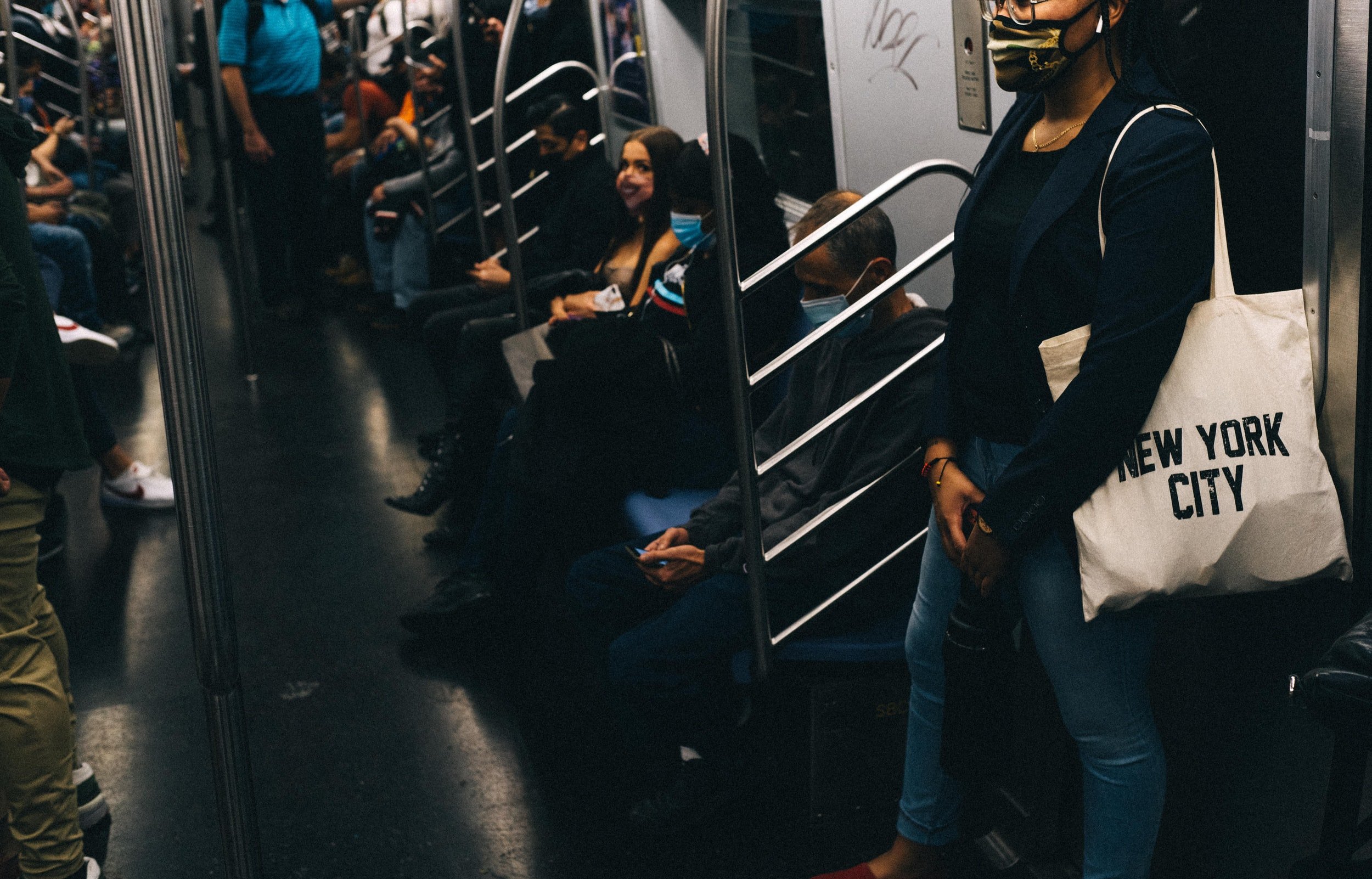Coping With Covid Dread
The last few years of our lives have been unlike any other. People have had to navigate a “new normal,” back-and-forth information, illness, grief, and so much more. Many people lost their jobs. Others had to change the way they work.
Some people lost loved ones. Others got in heated debates over things like mandates and vaccinations with friends and family.
As the pandemic continues to evolve, people are noticing welcomed changes - more indoor dining, entertainment, socializing to name a few.
While most people are excited for things to return to normal, it’s not uncommon to experience post-COVID anxiety, fear, uncertainty, or even dread. If you’ve noticed that you’re experiencing some of those feelings, you’re not alone.
Here are some coping strategies to try when you’re feeling Covid-related dread:
Take Your Time
While many people are excited to jump back into their everyday activities, go to events, and spend time with large groups of friends and family, it’s okay if you’re not there yet.
Maybe you still have concerns about the virus itself. Or, maybe you’re dreading stepping back into large crowds. Whatever the case, there is no correct timeline.
Remember: you don’t need to do it all at once!
Consider where your comfort level lies. Boundary setting can help you act on the things your body and mind are telling you.
Notice your heart racing when you think about going to an indoor concert? Instead of diving into a large indoor event, start small! Grab coffee with a friend, check in with yourself, and take it from there.
Practice Self-Care
For some, the pandemic brought more focus to mental health and well-being. It opened some space to consider how we spend our time, how we work, interact with friends and family, and how we care for ourselves.
Self-care means intentionally taking time to do things that improve your mental, physical, and spiritual health. Having a routine self-care practice that is engaged in consistently rather than only in times of crisis can help manage dread, anxiety, and stress.
Take time for yourself each day.
There are many ways to soothe anxious thoughts and practice self-care. Perhaps this is a 10 minute walk each morning. Maybe it’s turning off your phone and reading before bed. Think of something that brings you peace, joy, and helps to ground and unplug. 10 minutes per day goes a long way!
Talk to Someone
These years of Covid have brought mental and physical isolation into our lives in a big way. It can be very lonely to believe that we are alone in our dread and anxiety.
Opening up to someone you trust can take some of the weight of dread off your shoulders. It can allow someone to be in your corner and offer support. It can also help you feel less isolated and more connected.
Consider Therapy for Covid Dread in New York
If you don’t feel ready to talk to friends or family or you’re not sure how to communicate what you’re feeling, consider seeking out the help of a professional.
Individual therapy can offer added support to deal with anxiety, stress, and overall mental wellbeing. Our clinicians can also help with boundary setting, help with loneliness, and conscious communication.
Getting started with our New York City therapy practice is simple:
Meet with a skilled anxiety therapist
Begin feeling more grounded


